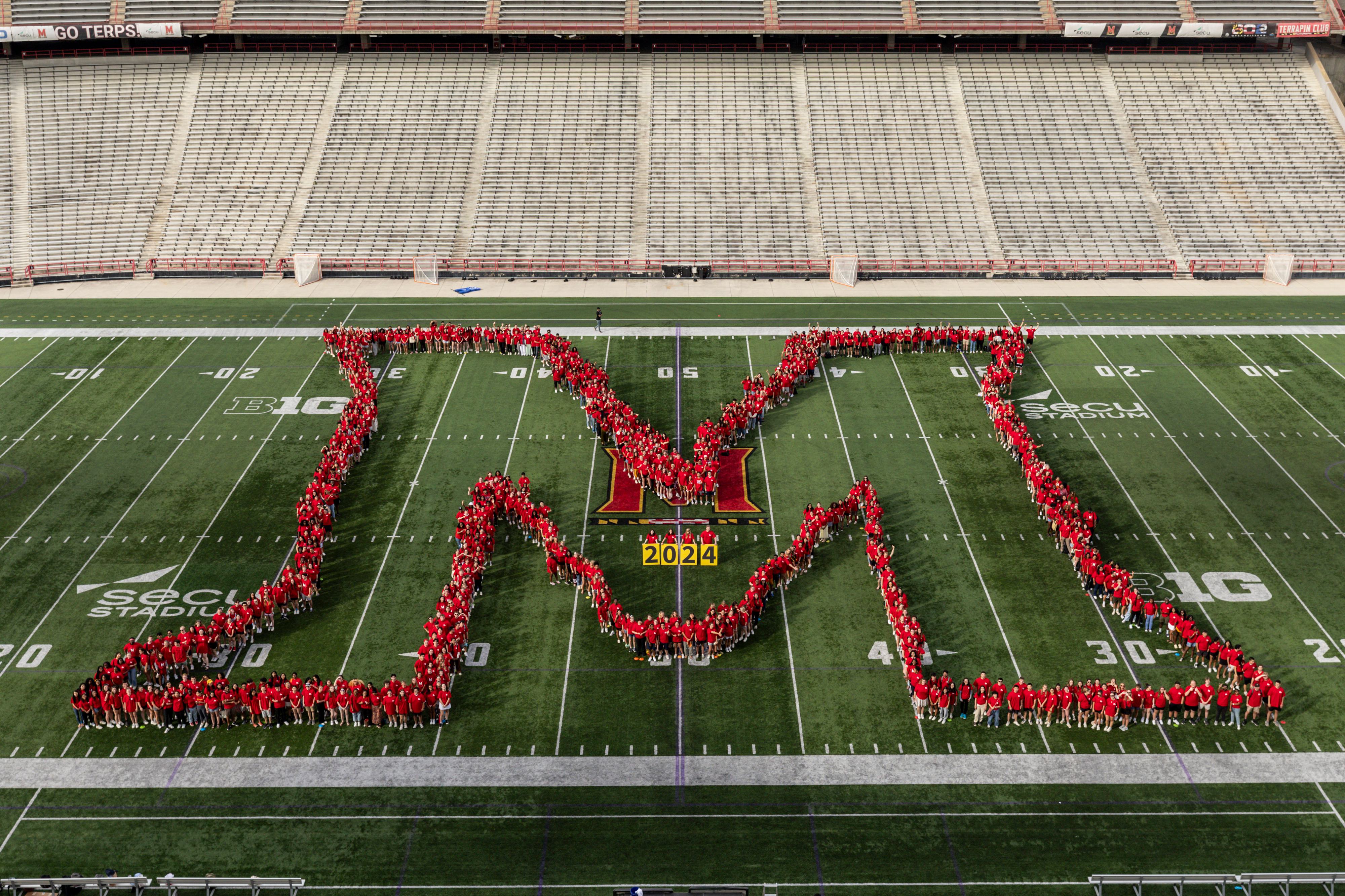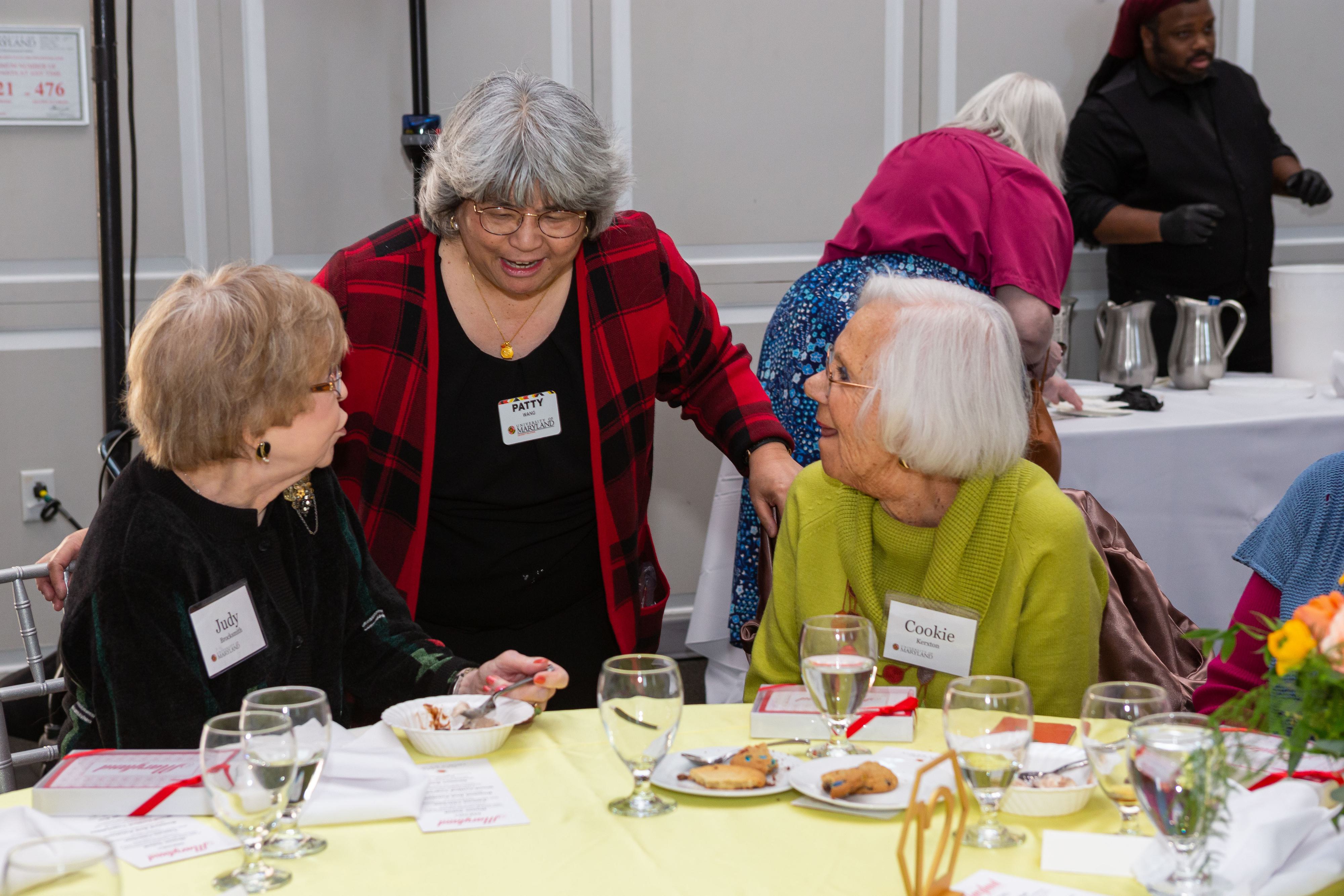How Much Do You Know About Breast Cancer?
How Much Do You Know About Breast Cancer?

Apart from skin cancer, breast cancer is the most commonly diagnosed cancer among American women. In 2017, it’s estimated that about 30 percent of newly diagnosed cancers in women were breast cancer.
Surprisingly, the most significant risk factors for breast cancer are gender (being a woman) and age (growing older). Knowing the facts about breast cancer arms you with information to help you take charge of your health and to know your options.
See what common breast cancer myths you might have misconceptions about.
MYTH: Deodorants and antiperspirants cause breast cancer.
FACT: There is no scientific evidence to support the claim that these underarm products can cause breast cancer.
MYTH: Bras cause breast cancer.
FACT: A 2014 research study showed that there is no link between wearing a bra and breast cancer.
MYTH: Most breast cancers run in families.
FACT: Only about 5 to 10 percent of breast cancers are thought to be hereditary. However, if you have an family history of breast cancer through multiple generations or on the same side of the family, you may benefit from seeing a genetic counselor to determine your risk.
MYTH: Mammograms prevent breast cancer.
FACT: This screening and diagnostic test doesn’t prevent breast cancer, but it can help to detect breast cancer earlier, when it’s most treatable. According to the American Cancer Society, all women should begin having annual mammograms starting at age 40. Prioritizing your yearly mammogram could potentially save your life.
MYTH: There’s nothing you can do to lower your risk of developing breast cancer.
FACT: Maintaining a healthy weight, exercising regularly and limiting alcohol consumption can help to keep your risk as low as it can be.
MYTH: Men do not get breast cancer; it affects women only.
FACT: Every year, more than 2,100 men are diagnosed with breast cancer, and more than 400 men die from the disease. According to the American Cancer Society, men are often diagnosed in the later stages of breast cancer than women. This is partially due to lack of awareness, as well as the presence smaller, less detectable tumors in men. If you are a man who has discovered a lump on your breast, it is important to consult a doctor immediately.
Is it time for you to get a mammogram?
Find a location near you.

August is National Make-a-Will Month: How you can make a difference at UMD

2023 Alumni Survey Results

There's a Terp for That - How Alumni Experts are Uplifting Their Alma Mater

